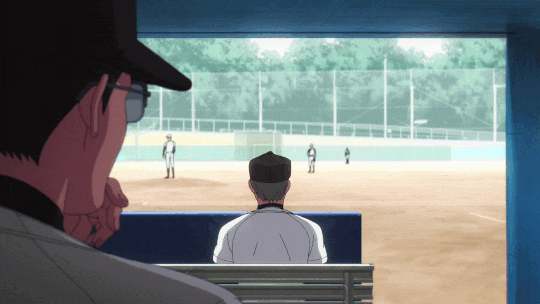Text
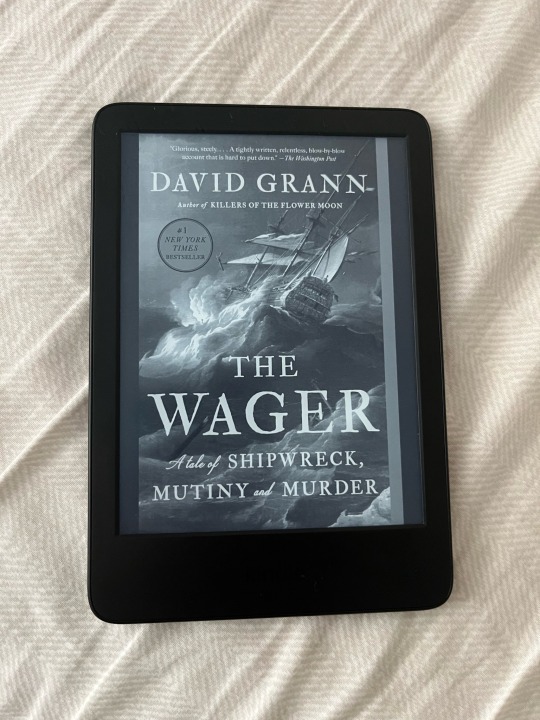
Empires preserve their power with the stories that they tell, but just as critical are the stories they don’t—the dark silences they impose, the pages they tear out. 
David Grann, The Wager
06.19.2025
⚓️🌊🗻💀🇬🇧
0 notes
Text
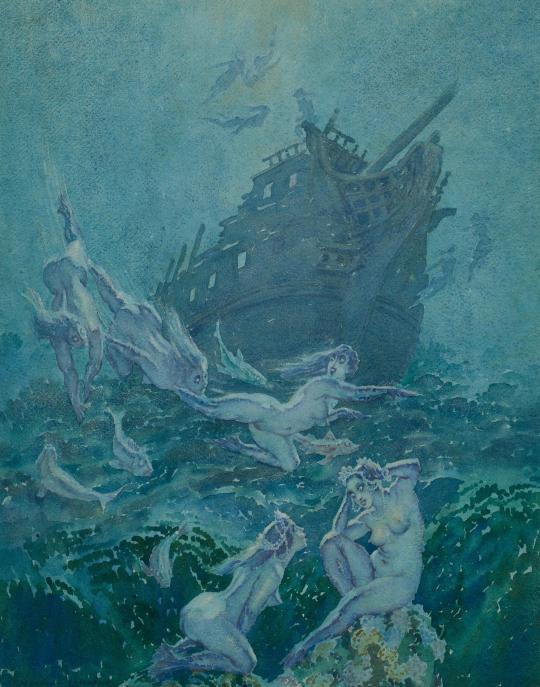
Norman Lindsay (1879-1969) - Shipwreck with Sirens
4K notes
·
View notes
Text

might make my fav nikki outfit into an oc
611 notes
·
View notes
Text
Loving ‘Second Shot at Love’ so far!
3 notes
·
View notes
Text
[ENGLISH TRANS] SOOYOUNG - W KOREA 2025 INTERVIEW
ps. when taking out these translations please give credit to us or this blog. thank you 💗

“THE TEMPERATURE OF SOOYOUNG”
Choi Sooyoung seems to give off a carefree aura.
Though she describes herself as easygoing and simple, she speaks clearly and straightforwardly when it comes to the responsibilities that lie before her. The image of early summer that comes to mind somehow overlaps with Sooyoung, and the drama <Second Shot at Love> in which she transforms into a charming alcohol-lover, premiers this early summer.
Q. <W Korea> We heard that you’re recently very immersed in tea ceremonies.
Choi Sooyoung: Yes, I find it fun. It’s fascinating how the flavor of the tea can change depending on the state of mind at the time of brewing.
Q. Was there a particular moment that sparked your interest?
It’s a habit I picked up while filming <Second Shot at Love>. I wasn’t getting much sleep. I guess there was a lot of pressure.
Q. It was your first title role in a drama since debut, correct?
That’s right. After shooting, I’d come home and feel like I couldn’t turn off the switch right away. So I tried all sorts of things—taking warm showers, listening to ASMR, avoiding reading scripts at least two hours before I sleep. I built a night time routine, and tea became a part of that routine. I savored each drink, and both my body and mind felt at peace.
Q While the tea steeps, people often use that time to process thoughts that are put away from daily life. But unlike that, it became a moment to clear your mind instead.
Exactly. I actually tried not to think during that time. I’ve always been someone who multitasks. I constantly feel the need to be productive, it’s in my personality. But through tea, I think I learned what it truly means to spend time without a goal.

Q. <Second Shot at Love> tells the story of ‘Geum-joo’, a well-known alcohol-lover, who unexpectedly reunites with her first love—someone who absolutely despises drinking, and the romance that follows. From the very beginning, the project felt like it was all about alcohol, and it came as no surprise to learn that the script was written by Myung Soo-hyun, the writer of tvN’s <Rude Miss Young-ae> and <Drinking Solo>.
Writer Myung Soo-hyun’s words capture the full spectrum of human emotion—joy, anger, sorrow, and happiness. And this piece is no exception. I felt like a rare script had come to me. I remember thinking, ���Have I ever read something that reveals every aspect of a character this thoroughly?” At least for me, the answer was no. Geum-joo is an auto mechanic who works hard and there are joys and sorrows that she feels. She relies on alcohol as a form of avoidance, and was forced to confront herself in the place she tried to escape to. From there, she slowly begins to accept who she is, and in doing so, learns to embrace the people around her as well. At a glance, it may seem like a chaotic, comic story about Geum-joo, but if you look closer, you’ll find a detailed and gradual journey of growth. I feel incredibly lucky to have encountered such a script.
Q. What was the process of approaching the character Geum-joo like for you?
First of all, the script was filled with stage directions; shouting, smiling brightly, making exaggerated expressions, and so on. To be honest, it took me some time to fully take in Geum-joo. In real life, I’m very calm. I’m not the mischievous or high-energy type. So there was definitely a period of wandering before the lines started to feel natural. Every actor has a different way of approaching a character. For me, I always start by thinking about the character’s job. You can learn a lot of information from one’s job. Since Geum-joo is an auto mechanic, I imagined she’d be active, unafraid of getting her hands dirty, and likely to be competitive since she was young. But at the same time, I didn’t picture her as someone who would roughly carry around tires or plop down anywhere or stomp around. I imagined her as someone meticulous, someone who handles each car part the way a musician treats her instrument. I thought about how a woman like Geum-joo would set herself apart in an industry largely dominated by male mechanics.
Q. A mechanic who handles cars like musical instruments. Now that I hear about it, I can see the character come to life.
Yes. Honestly, I think Geum-joo would have done well as a doctor, or even an artist. I imagined her as someone who chose this profession because she genuinely loves machines, and is fascinated by how individual parts come together to make a car run. And once I had that in mind, I began to vaguely understand why she couldn’t help being dependent on alcohol. She must have been sensitive, working with machines. She probably worked hard to adapt to a male-dominated workplace, pushing herself to drink alcohol to fit in socially. It made her think she really couldn’t live without alcohol. That thought gave me a somewhat clearer outline of who she is. And the Geum-joo I imagined from the script alone was someone who, on her way home from work, would wear the kind of unique clothes that make people go, “Wait, she dresses like that when she’s off duty?”

Q. In this drama, Geum-joo is another strong, independent female character, like Seo Dan-ah in JTBC’s <Run On> (2020) and Kim Jin-hee in ENA’s <Not Others> (2023). Looking back, have you ever wondered why these kinds of roles keep coming to you?
Because I choose those roles. Of course, not every role is like that. But I’m not drawn to stories where characters are used as equipment. ‘Seo Dan-ah’ was a CEO of a top sports agency who didn’t tolerate mistakes, whether in business or in her personal life. ‘Kim Jin-hee’ was a police patrol team leader who always spoke her mind. They’re all people who try to take responsibility for their own lives. I guess it’s also because of my personality. I don’t like people who are bad at their jobs. (laughs) So, I don’t want to play someone who’s bad at what they do. It’s fine if they’re clumsy at first, as long as they develop. But I think the character should have at least a sense of certainty in what they do.
Q. Those characters also had a very clear sense of what they liked and disliked. Would you say you’re someone who’s also honest about what you want to say and knows exactly what you want?
Oh, not at all. I only started to be aware of that in my early thirties. I started asking questions like “What do I really want?” or “Am I doing this because I like this?” only after I turned thirty. I used to have no opinion, even when choosing the menu for lunch. There were many times where I’d just go along and say “I’m fine with whatever” and move on. I think it comes from spending so many years as a group during my Girls’ Generation days. Maybe I didn’t even realize I had options to choose. One day, Tiffany was ordering coffee and asked me what I wanted. I said, “Anything’s fine.” And she immediately said this, “No. Hot or iced? If iced, how much ice? How many pumps of syrup? Do you want milk? Regular milk or Lactose-free? Oat milk? Almond milk?” I remember thinking, “Why make life so complicated?” But then she told me this—that I need to know exactly what I want, that there are always options, and I have to make a choice.
Q. Did that coffee order incident change you?
Yes, something as trivial as ordering coffee did (laughs). It made me start to become more aware. Since then, I’ve been trying to build the habit of thinking more specifically. For example, instead of just asking for “something to drink,” I’d say, “I’d like an orange juice with a bit of ice.” It starts with little things like that.

Q. Would you say you’re not someone with a strong opinion?
That’s right. I’m usually the type to think, “That person might be right.” But that doesn’t mean I lack conviction. But that sense of certainty just didn’t come all at once. It’s something that formed through a lot of experiences. Last year, I released my first Japanese solo album, and I wrote the lyrics to the title track, “Unstoppable.” There’s a line that goes: “Data of failures and successes. Drawing the highest arc. Let’s pursue the ideal.” Through the many ups and downs I’ve experienced over many years, a kind of data accumulated inside me. But rather than turning into stubbornness, I feel like it gave me freedom. The more time passes, the more confident I become, but in a way that lets me change gears easily whenever I need to.
Q. <Unstoppable> was your first solo album 22 years after your debut. At the time, you wrote this on social media: “At this point in life where I could just fake being a professional and no one would notice, it also hurts to take on a new challenge again, right now. I was scared as much as I was happy.” What was behind those words?
Honestly, if you don’t take any risks, you won’t be exposed. But the moment you try, people will notice. There was a time when I deliberately held back from showing everything. I was scared. When the solo album offer came in, people around me questioned it, “Why now, when your acting career is going so well? And why release it in Japan?” And of course, I asked myself the same thing. Why is this opportunity coming now? If I stay quiet, I can at least fly under the radar. So what do I get in return for exposing myself like this? But in the end, I thought: “Why should I hold back if this is something I want to do?” And I didn’t want it to end with just trying. I wanted to go all the way to being judged for it. Regardless of the outcome, I think I gained so much. After the album came out, I received so many messages. What touched me the most were the ones that said, “That was such a cool challenge. I understand why you did this.” That made it all worth it.
Q. What did <Unstoppable> leave for you?
It made me think deeply and often about making choices. Honestly, I’m at an age where many things change depending on the decisions I make. So I ask myself which choices reflect me the most. I boldly wrote the lyrics of ‘Unstoppable’ that says, “The story I choose,” and yet there are still a lot of things that I’m afraid of. I feel like I'm not a brave person and I learned that I need courage. That was something I felt through releasing the album, and it gave me the energy to film <Second Shot at Love>. To take on my first lead role, that courage was absolutely essential.

Q. Then what kind of courage did you show in <Second Shot at Love>?
I wanted to try acting that truly does something. I think it’s because of my personality. I’ve always been someone who is cautious about putting in too much effort. I always thought, “Be diligent, but don’t work too hard.” Sometimes, I felt uncomfortable watching myself act intensely on screen. At one point, I preferred acting in less intense roles. But while filming <Second Shot at Love>, I wanted to try acting where people could read my feelings immediately from my expressions. Because the acting that makes viewers not want to change the channel means making even one more expression, showing just a little more. I filmed with the mindset of really going all out. After having done this once, I think my fear lessened a bit.
Q. You have big news recently, right? You’re entering Hollywood with <Ballerina>, a spin-off of the John Wick series. The film premieres in North America this June and will be released worldwide. How did you get involved in this project?
Right, when I heard I got cast, I thought, “No way. How could I be?” Honestly, I hesitated a lot. It felt like a huge challenge but also small at the same time, and I found myself worrying a lot in front of that challenge. It was like, “I’m scared of the waves crashing at my feet, so I won’t even go.” That was exactly what I felt. While I was worrying about how the film and the feedback would come out, the one thing that pushed me to take on the challenge was the idea of being completely alone overseas, with no one else around. The thought of facing that head-on by myself was very appealing. As actors, we usually receive a lot of care from people around us. There’s always a car waiting for us in front of the house, people handling tough tasks on our behalf. So we can sometimes forget we’re human. We get a little spoiled. But being an actor means we have to portray people we see around us, yet we rarely get to live our life. I felt I really needed that time to live like a person. So I jumped into this project without looking back.
Q. How was the experience filming alone?
I cried (laughs). Because I wanted to go home. But I kept reminding myself as I put the kimchi, side dishes, and ramen that my mom packed into the hotel fridge, “Sooyoung, now you’re really living here without anyone’s help.” But somehow, I quickly got used to the life there. I went alone to the riverside where people warned me it was dangerous, opened a bottle of wine, and watched the sunset. I’m actually quite simple. I might not have much courage, but once the situation is set, I manage to find happiness there. I’m really a simple and fragile creature (laughs).

Q. Through <Ballerina>, You’re about to meet an audience you haven’t encountered before . Aren’t you curious about how they’ll perceive your acting?
Honestly, rather than curiosity, my first thought was that I must not become a burden to the project. It’s more than enough for me if the audience says, “Who is she?” So, I even went to the set with my hair dyed, which no one asked me to do. When they said actors could pitch ideas about the visual concept, I immediately suggested orange hair and they coolly agreed. At that time, there was a strong momentum in myself, like “I can do everything they ask!” So, I tried to absorb as much as possible on set. I even went to the set, sitting in corners on days without my shooting to observe how things were done. The team found me a bit overwhelming and said, “Yeah, you don’t have to come here,” (laughs).
Q. With two very different projects about to be released, you must be living in excitement right now. If you had to describe your current self in one sentence, what would it be?
There’s a phrase that fits me perfectly; a cheerful pessimist. On set, I always listen to the song “Rule of the Princess”. It’s a song that spreaded as a meme on social media. It goes like, “Yes, life has always been tough, but live like a princess today. What's so tough? Just be a princess. I’m precious, but so is everyone else. Everyone here is a princess!” Listening to that song, I keep reminding myself of these words (laughs). With that mindset, I can handle any situation anywhere.
Q. Lastly, can you share three secrets about Sooyoung?
First, I’m good at organizing. I have a talent of fitting what seems like an impossible amount of stuff into a single suitcase if I set my mind to it. Second, I’m surprisingly easygoing. I don’t overthink or twist things in my mind. Third, I actually don’t have many friends. But I’m so busy every day. I have to clean the house, work here and there, and often tear open the packages I ordered from Coupang (laughs).
17 notes
·
View notes
Text

For sudden Joys, like Griefs, confound at first.
Daniel Defoe, Robinson Crusoe
05.27.2025
🏝️⚓️🐐🛶🛢️
0 notes
Text








Autumn is a second spring when every leaf is a flower. —Albert Camus
2K notes
·
View notes
Text
The Build Up is one of the best soccer manga/webtoons I’ve ever read. (Other good ones are Giant Killing and Ao Ashi, the former’s translations being difficult to find now, sadly.)
The art is frigging killer. You know how some artists fall off and take shortcuts? Not this one! The artist 911 and team just get better and better. Sometimes the confidence interval for the art style of each character might get a bit wide, but overall the artist finds the perfect strokes to convey action on the pitch. Also, the shading, oh man, the shading. Sometimes I have to pause and stare at a panel just to admire where they chose to strike the light and dark values.
It also has one of my favorite heartbreaking A-hole characters 😂 Siu, my love. The rest of the cast is great, too. It does have some blahhh romance fillers, but what can ya do.
I re-read it every few years whenever the latest arc seems to finish. Behold!
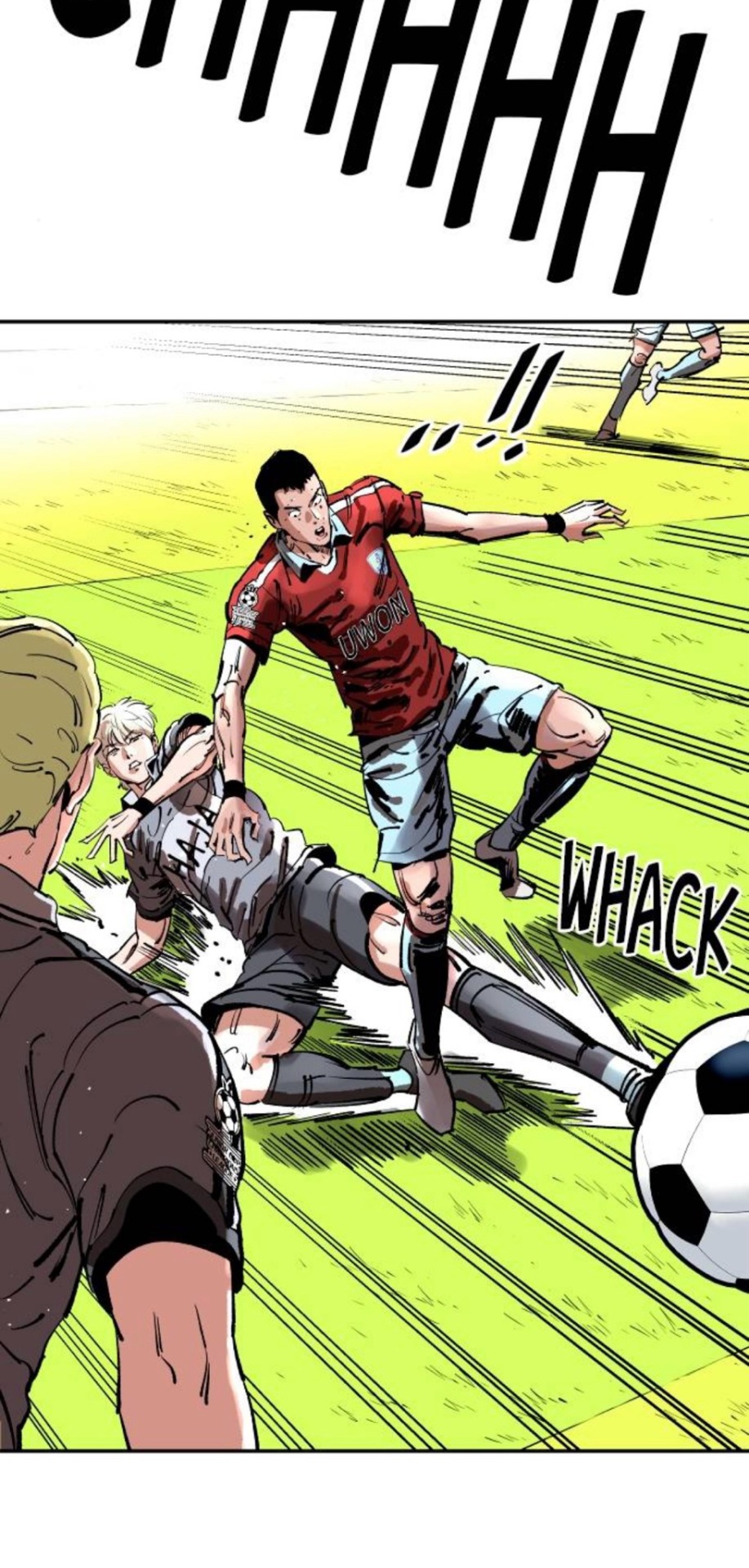
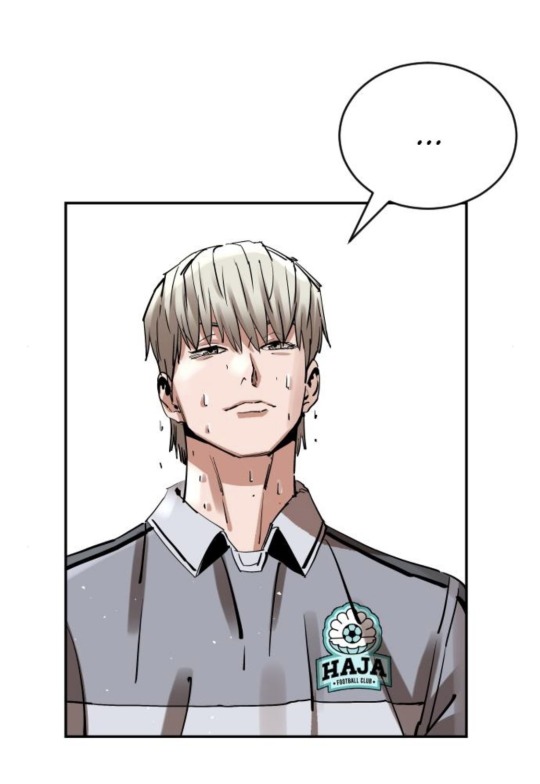
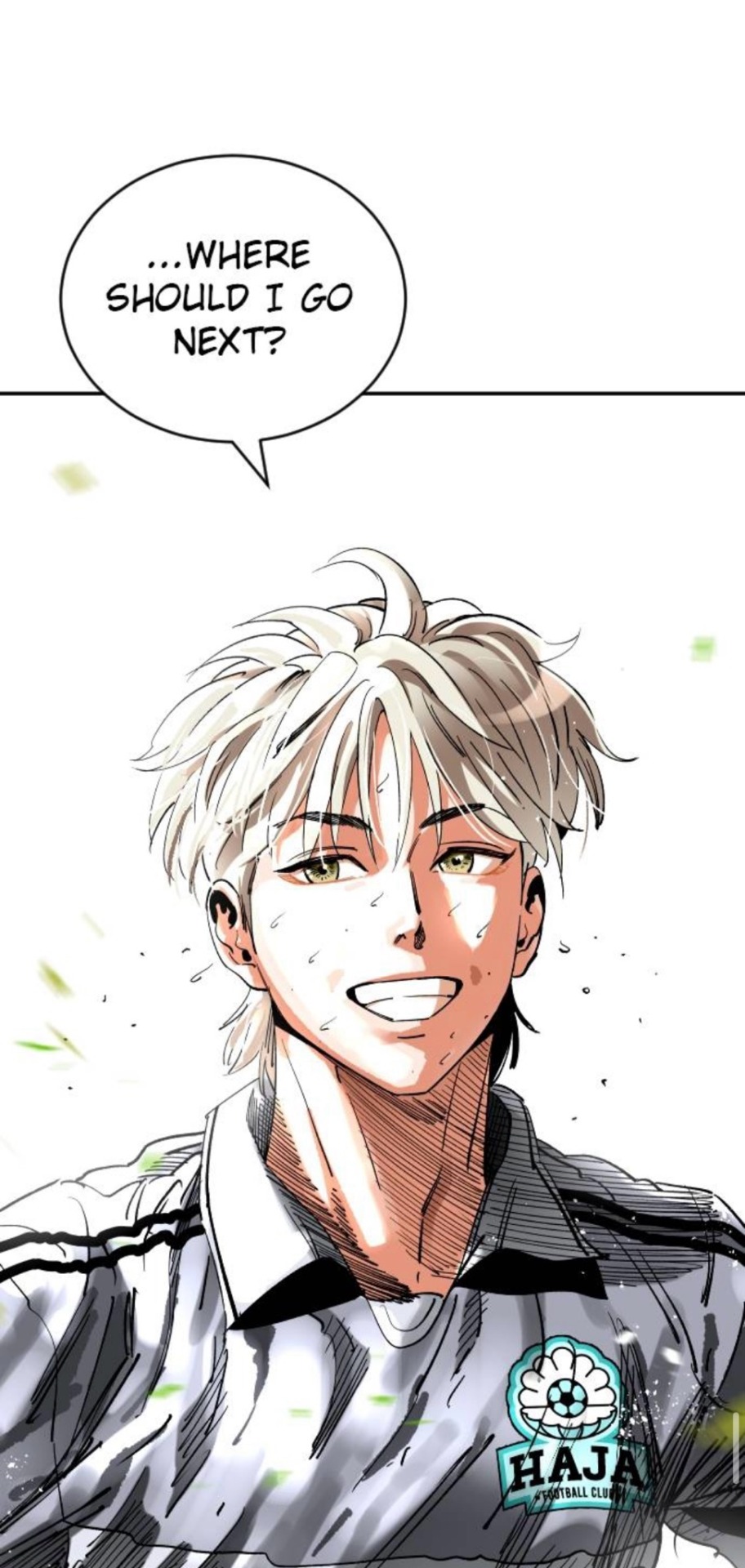


0 notes
Text


Boukyaku Battery E11
#boukyaku battery#this is some of the most elite animation i have seen in a while#will go down in the history of my memories
79 notes
·
View notes
Text


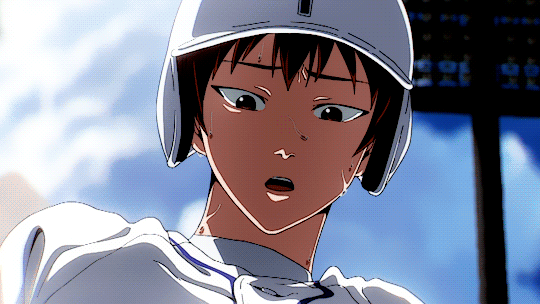
BOUKYAKU BATTERY (2024) created by mikawa eko
307 notes
·
View notes
Text
On chapter 315 now and fudgeeeee I feel bad for Kaido/Ojou. She’s so cute. Sigh.
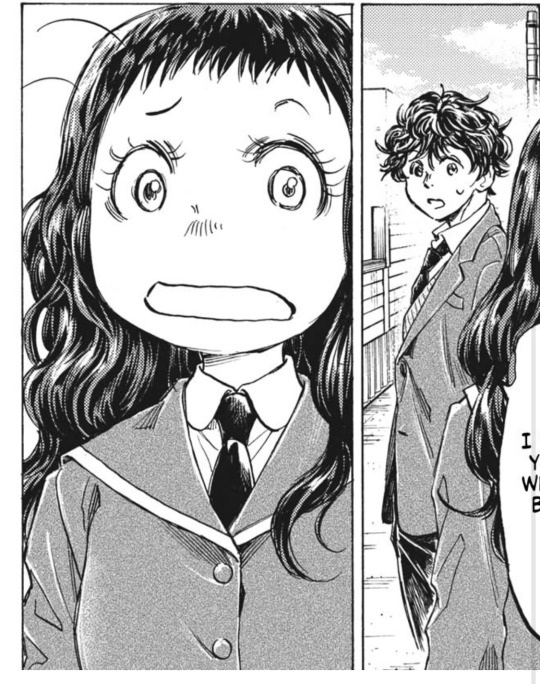
I really could not care less about the girls in Ao Ashi. The love triangle and manipulation is so tiring. I just want SOCCER!!! I really am too old and weathered for these parts of sports manga.
2 notes
·
View notes
Text
I really could not care less about the girls in Ao Ashi. The love triangle and manipulation is so tiring. I just want SOCCER!!! I really am too old and weathered for these parts of sports manga.
2 notes
·
View notes
Text

spending his bounteous inheritance

Original photo credit: Pygmy Falcon chick at the San Antonio Zoo
33K notes
·
View notes
Text
Why are there only 12 episodes of Oblivion Battery?? What madness is this???
And why were eps 11 and 12 (basically all the baseball scenes) a cut above all the rest of the animation? I had to replay so many scenes because it was just so good.
13 notes
·
View notes





